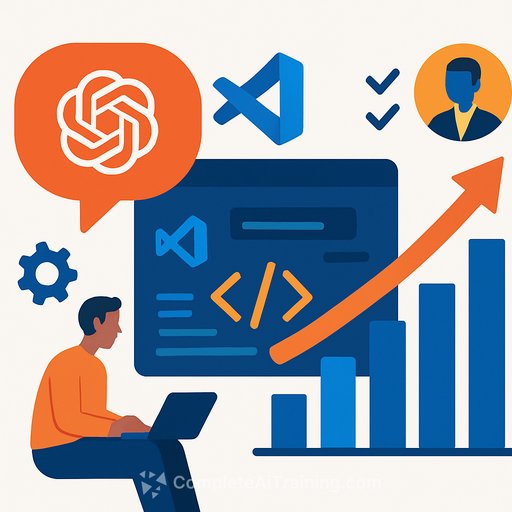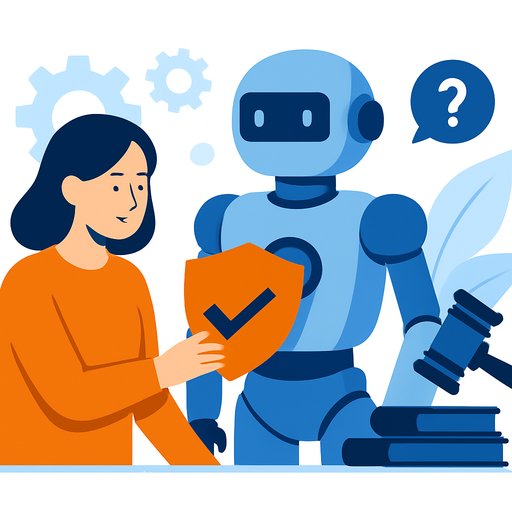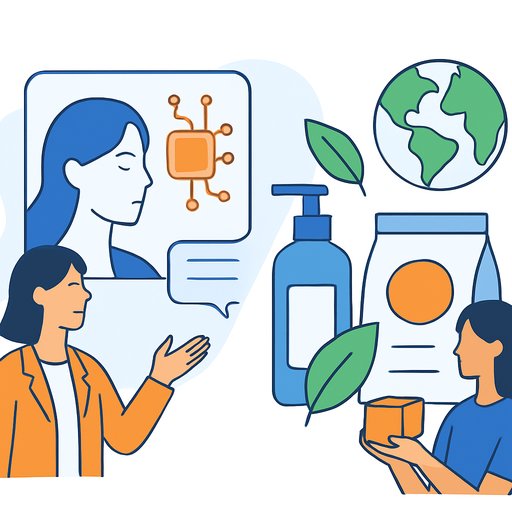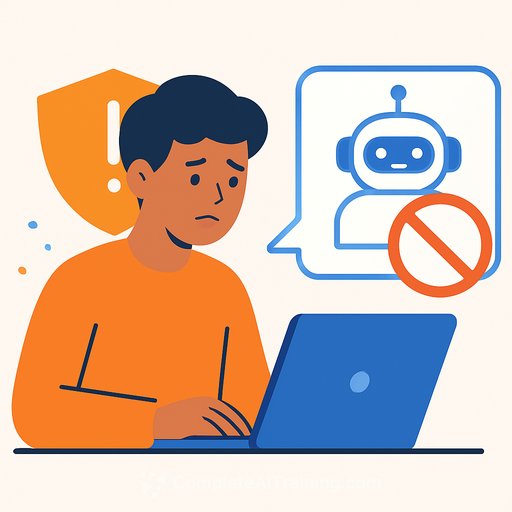OpenAI’s Codex VSCode Plugin Earns Praise from Industry Leaders
Greg Brockman, co-founder and president of OpenAI, recently highlighted the Codex VSCode plugin’s effectiveness and teased upcoming improvements. His August 29, 2025 tweet reflects OpenAI’s ongoing focus on boosting developer productivity through AI tools.
Introduced in 2021, Codex is trained on a large dataset of public code and can generate scripts in multiple programming languages. It powers popular tools like GitHub Copilot, which, according to GitHub’s 2023 data, is used by over 1 million developers. The plugin integrates directly with Visual Studio Code, a top code editor with 14 million monthly active users as of 2022.
This innovation fits into a wider trend where AI helps automate routine coding tasks. McKinsey’s 2022 analysis suggests AI could automate up to 45% of software engineering activities by 2030, potentially adding $13 trillion to global GDP. Brockman’s hints at future plugin upgrades suggest more precise models that better understand context and accuracy, addressing common issues in code completion.
Competition is heating up, with players like Google’s DeepMind launching AlphaCode in 2022, and Amazon introducing CodeWhisperer the same year. Ethical concerns such as code ownership and dataset biases remain important, and OpenAI continues to emphasize responsible AI use as outlined in their 2023 safety protocols.
Business Implications of the Codex VSCode Plugin
For businesses in software development and IT, the Codex VSCode plugin offers clear benefits. Early adopters report up to 30% faster coding speeds, according to a 2023 Stack Overflow survey. Faster development cycles can translate to quicker product launches and new monetization opportunities, like subscription models similar to GitHub Copilot’s $10 monthly fee started in 2022.
Cost savings are another benefit. Deloitte’s 2023 report projects AI-driven automation could save companies up to $100 billion annually by 2025. Microsoft, which owns GitHub and VSCode, has invested $10 billion in OpenAI, signaling strong confidence in this AI coding space.
However, businesses must address challenges such as data privacy and comply with regulations like the EU’s AI Act. This legislation classifies certain AI systems as high-risk and requires transparency. Companies need compliance strategies, including auditing AI-generated code for bias. There’s also potential in offering customized AI coding solutions for sectors like finance and healthcare that have specific requirements.
Technical Considerations
The Codex VSCode plugin uses large language models trained on diverse codebases to provide features like code auto-completion, explanations, and bug detection. Ensuring smooth integration with existing workflows is key, as overdependence on AI could lead to skill degradation—a concern highlighted in a 2023 IEEE study on AI in programming education.
Looking forward, Gartner predicted in 2022 that AI might handle over half of all software coding by 2030. New competitors like Replit’s Ghostwriter, released in 2023, aim to challenge OpenAI’s position. Regulatory frameworks will evolve alongside these changes, with proposals like the U.S. AI Bill of Rights pushing for greater accountability.
Integration costs can be significant, with a 2023 IDC report estimating $50,000 per enterprise setup. Cloud-based solutions offer a scalable way to manage these expenses. Ultimately, these advances could democratize coding, allowing non-experts to build applications and expanding opportunities in education and startups.
Key Benefits and Considerations
- Faster Code Generation: Users report up to 30% reduction in development time, helping teams meet deadlines more efficiently.
- Enhanced Business Productivity: Automating repetitive tasks frees developers to focus on complex challenges, driving cost savings and faster market delivery.
- Ethical Considerations: Ensuring generated code originality to prevent intellectual property issues and mitigating dataset biases remain critical. OpenAI’s 2023 guidelines offer best practices for responsible use.
For product development professionals interested in expanding AI skills and integrating such tools, exploring specialized courses can be valuable. Complete AI Training offers relevant resources on AI applications in coding and automation.
Your membership also unlocks:





